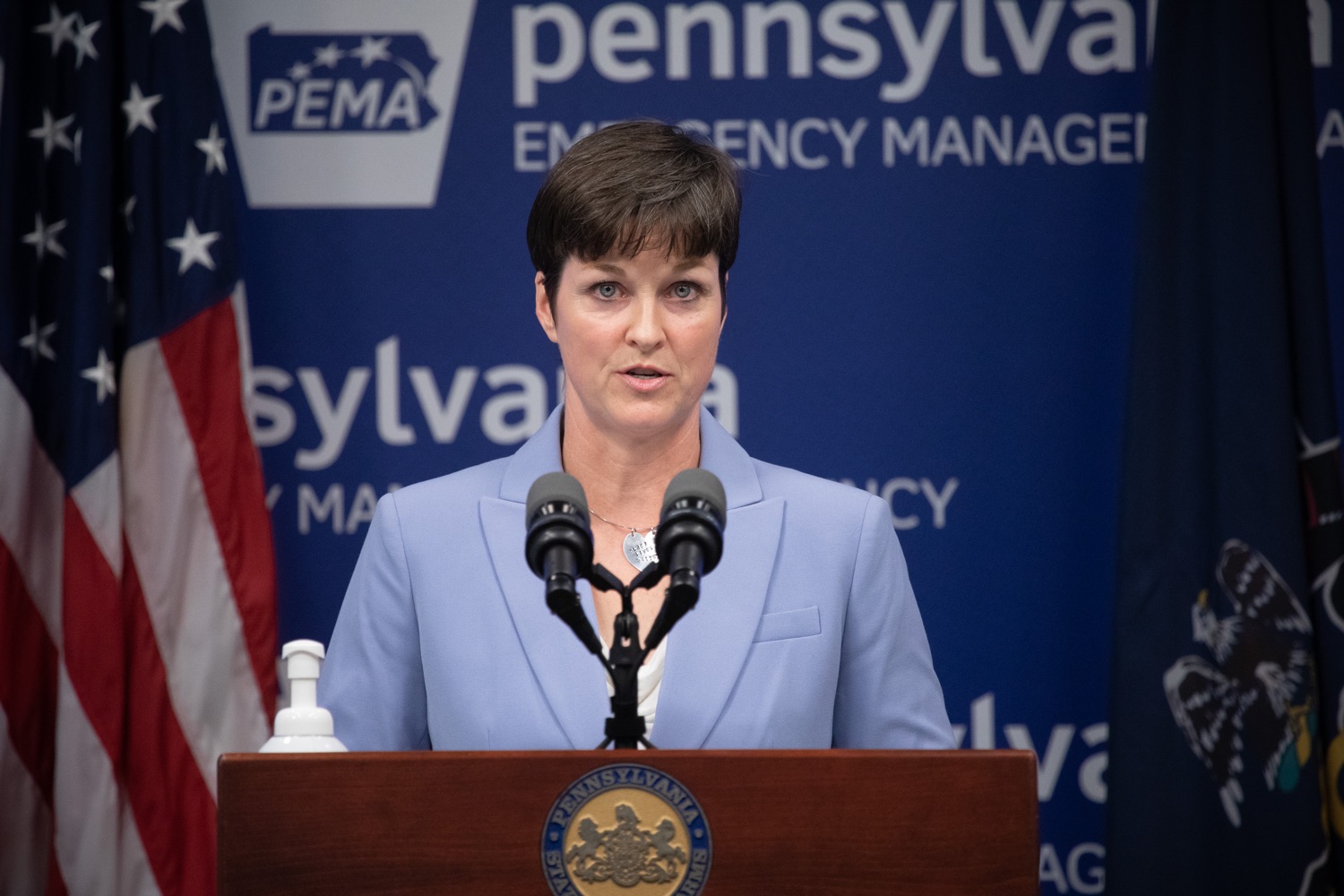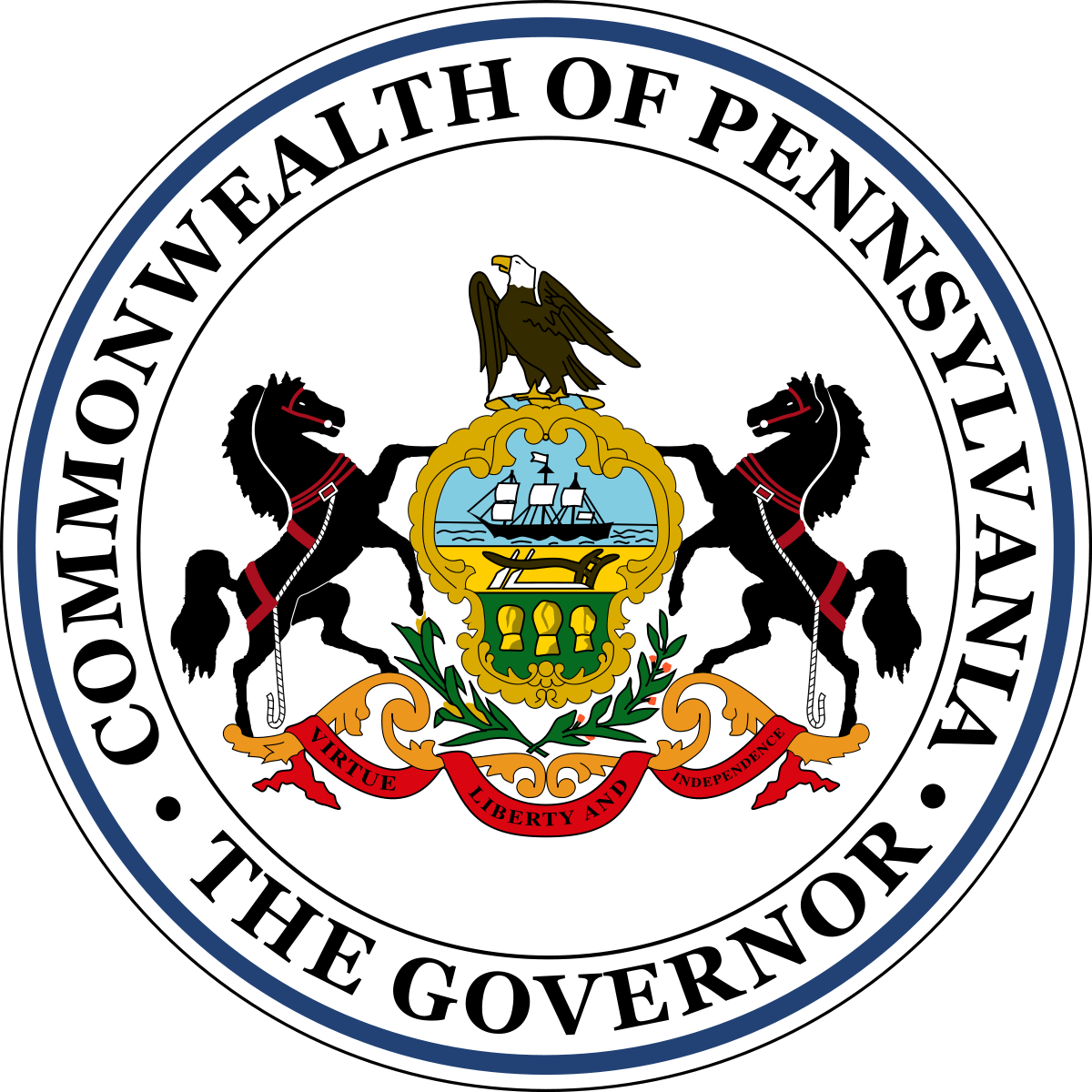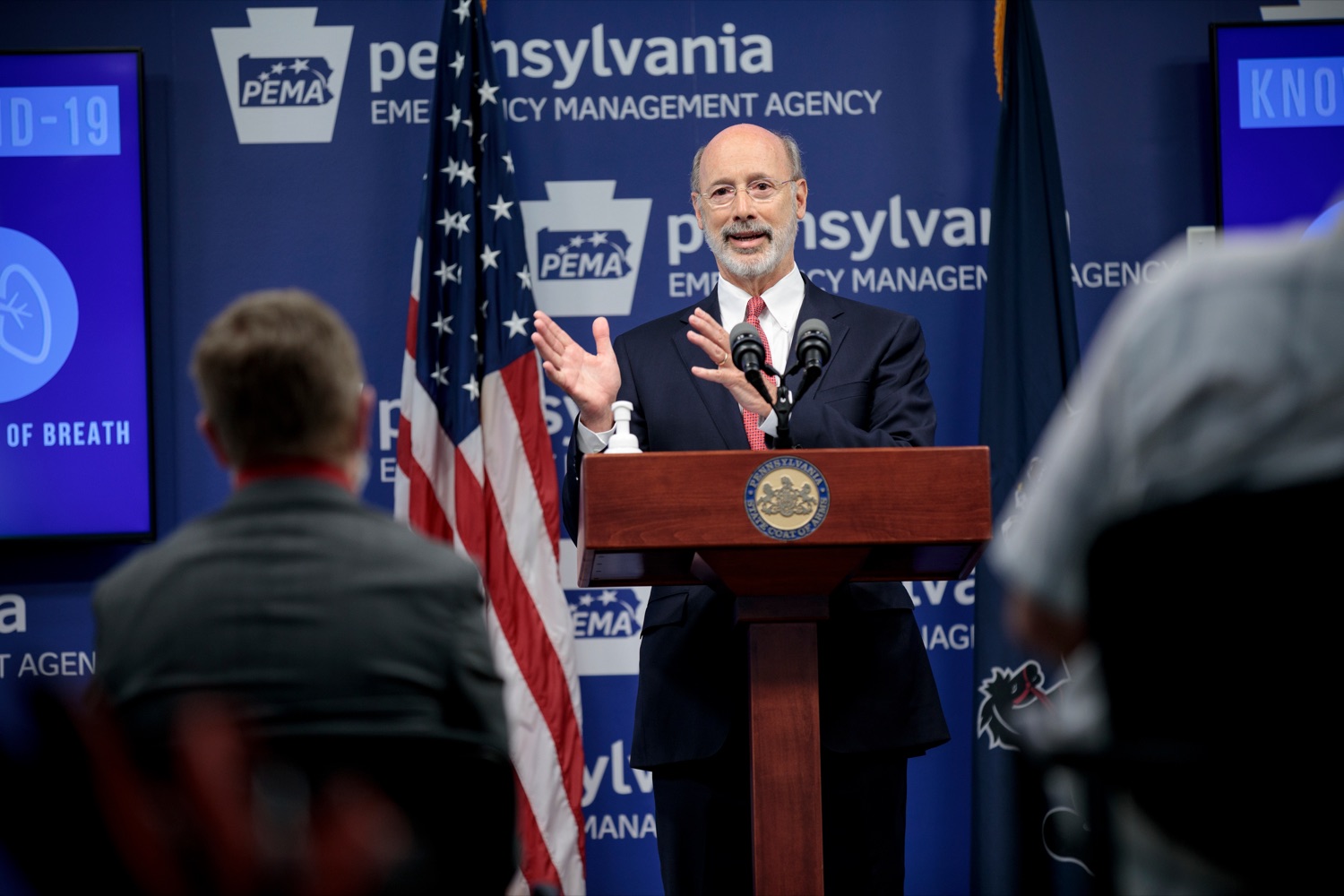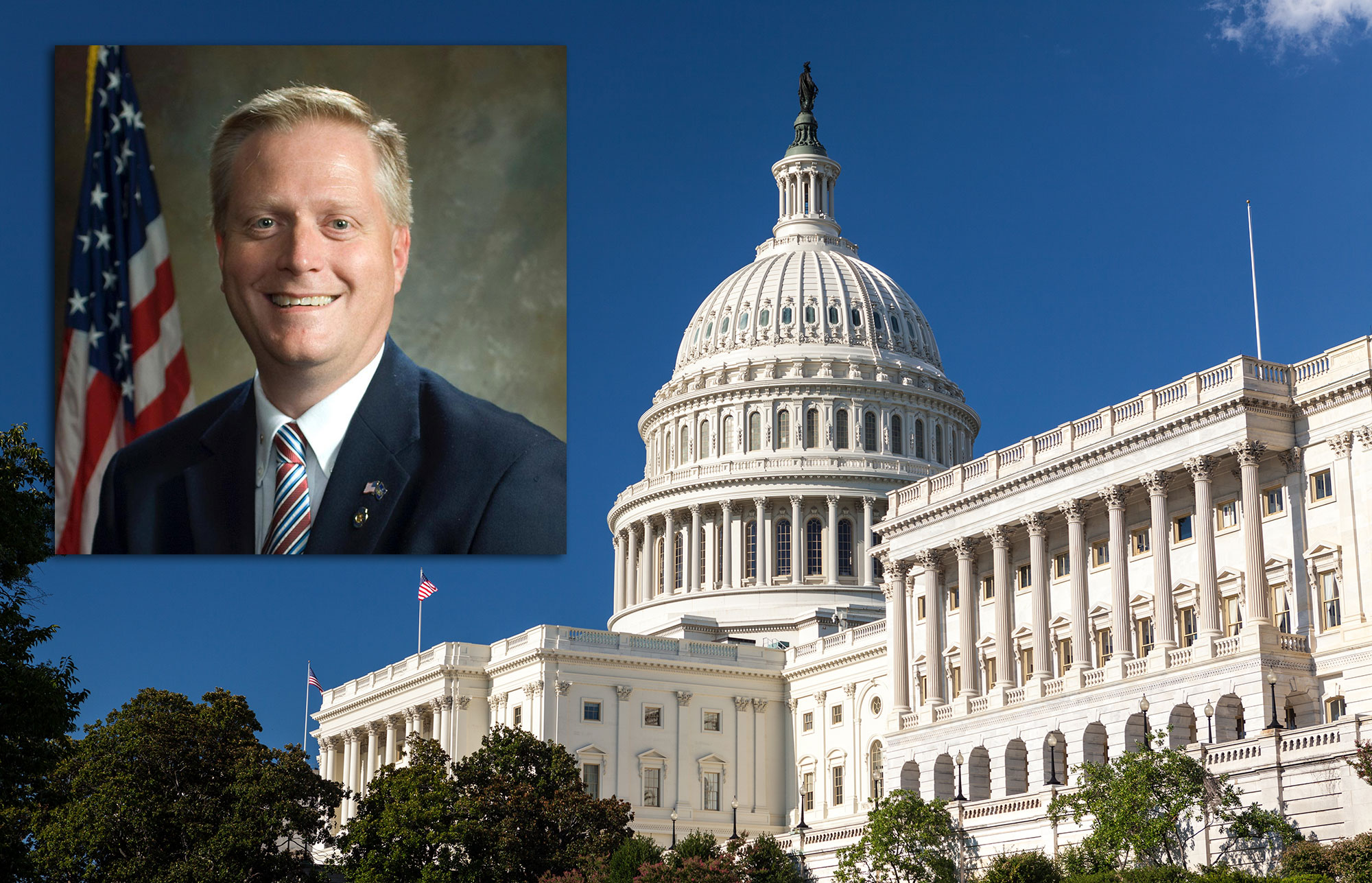With yet another example of racial discrimination with the shooting of Jacob Blake, and the unlawful abuse of peaceful protesters, we MUST unify as a society. It is imperative that all people – regardless of race, religion, creed or belief – come together to say, ‘Enough is enough!’
This is bigger than sports. Racism is embedded in the fabric of our nation’s foundation and is a blemish on our country’s history. If we are to change course and make our world a better place, we must face this problem head-on and act now to enact positive change.
It is time to accept accountability and acknowledge the ramifications of slavery and racial injustice.
Though we cannot right all the wrongs of our country’s history, we can:
- Arrest and charge the police officers responsible for Breonna Taylor’s killing and the shooting of Jacob Blake.
- Demand that Senator Mitch McConnell bring the George Floyd Justice in Policing Act of 2020 to the Senate floor for vote.
- End qualified immunity; require body cameras; ban chokeholds and no-knock warrants; hold police accountable in court; establish a framework to prohibit racial profiling at federal, state, and local levels.
- Support state- and federally-mandated CALEA Accreditation and national standards of care in policing.
- Encourage everyone to engage in the political process by registering to vote on both the local and national level. (www.risetovote.turbovote.org)
- Demand prison sentencing reform that is fair and equitable.
- Encourage every citizen to act with respect and compliance when engaging with the police. If you feel there has been an abuse of power, we encourage you to contact your police department’s internal affairs unit. (For Baltimore City, dial 410-396-2300.)
We will use our platform to drive change now – not just for our generation, but for the generations that follow, for our sons and daughters and for their children.








